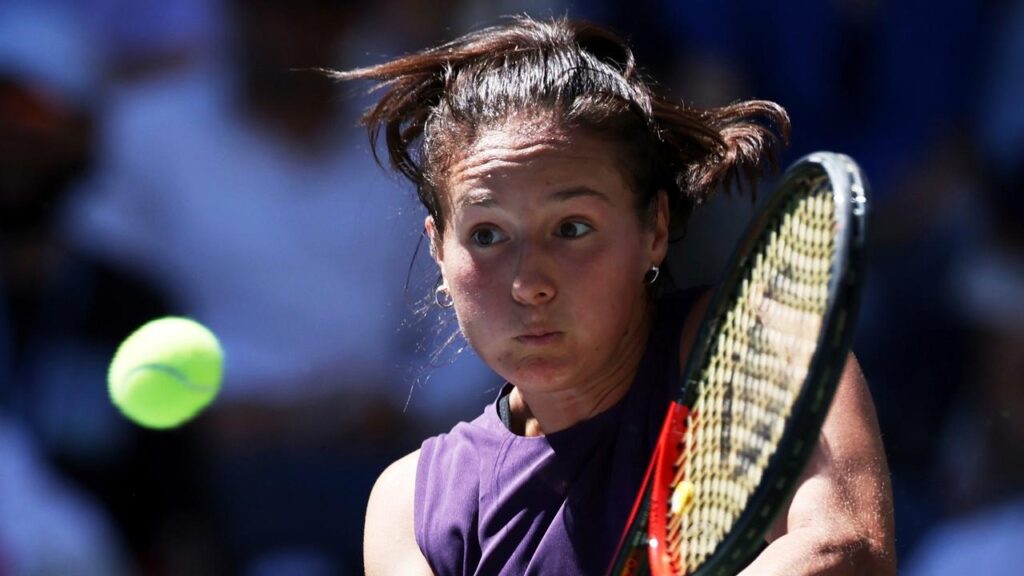
World No.19 Daria Kasatkina has announced the end of her 2025 WTA season, revealing in an emotional statement on Monday that she has reached a “breaking point.” The 28-year-old, who switched her nationality from Russia to Australia in March, recently suffered a string of defeats, including a significant loss to Sonay Kartal at the WTA 1000 event in Beijing.
Kasatkina’s current ranking is her lowest since May 2022, marking a challenging period for the tennis star. Her decision to step back comes amid personal and professional pressures that have been mounting over time.
Struggles on and off the Court
In a heartfelt social media post, Kasatkina expressed her struggles, stating, “I’ve been far from fine for a long time and truth be told, my results and performances show that, the fans aren’t stupid, they can see it too.” She candidly admitted to keeping her emotions hidden to avoid appearing weak or ungrateful.
“Truth is, I’ve hit a wall and I can’t continue. I need a break. The schedule is too much, mentally and emotionally I am at breaking point and sadly, I am not alone.”
Kasatkina’s openness about her mental health challenges highlights a broader issue within professional sports, where the relentless schedule and high expectations can take a significant toll on athletes.
Impact of Nationality Change
Kasatkina’s transition from Russian to Australian nationality has also contributed to her mental fatigue. She has been vocal about her disapproval of Russia’s stance on LGBTQ+ rights and the ongoing conflict in Ukraine, describing it as a “nightmare.”
The change in nationality has come with its own set of challenges. “Not being able to see my parents (four years now for my father and I), plus the ongoing battles to gain full Australian competition eligibility, it’s a lot and there is only so much I can deal with,” she explained.
Looking Forward
Despite the current challenges, Kasatkina remains optimistic about her future in tennis. She is focusing on recuperating and preparing for the next season. “I will be just fine though, and look forward to seeing you all in 2026, energised and ready to rock!!” she concluded.
This development follows a growing trend of athletes prioritizing mental health. Experts suggest that Kasatkina’s decision could inspire other athletes facing similar pressures to take necessary breaks.
Broader Implications
Kasatkina’s decision underscores the importance of mental health awareness in sports. The move represents a shift in how athletes are addressing mental health, with more openly discussing their struggles and taking proactive steps to manage them.
According to sports psychologist Dr. Emily Carter, “Athletes are increasingly recognizing the importance of mental health. Kasatkina’s decision is a testament to her self-awareness and courage, and it may encourage others to prioritize their well-being.”
Meanwhile, the WTA and other sports organizations are being called upon to provide more support to athletes dealing with mental health issues. This includes offering resources and creating a more flexible schedule to prevent burnout.
As Kasatkina steps away from the court, her story serves as a reminder of the human side of professional sports and the importance of mental health in achieving long-term success.







